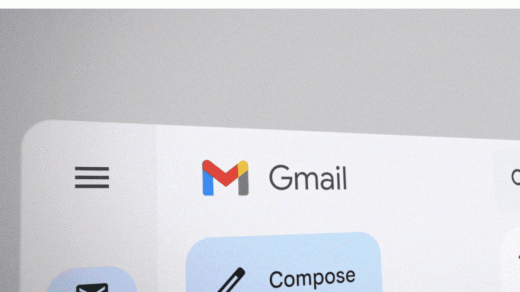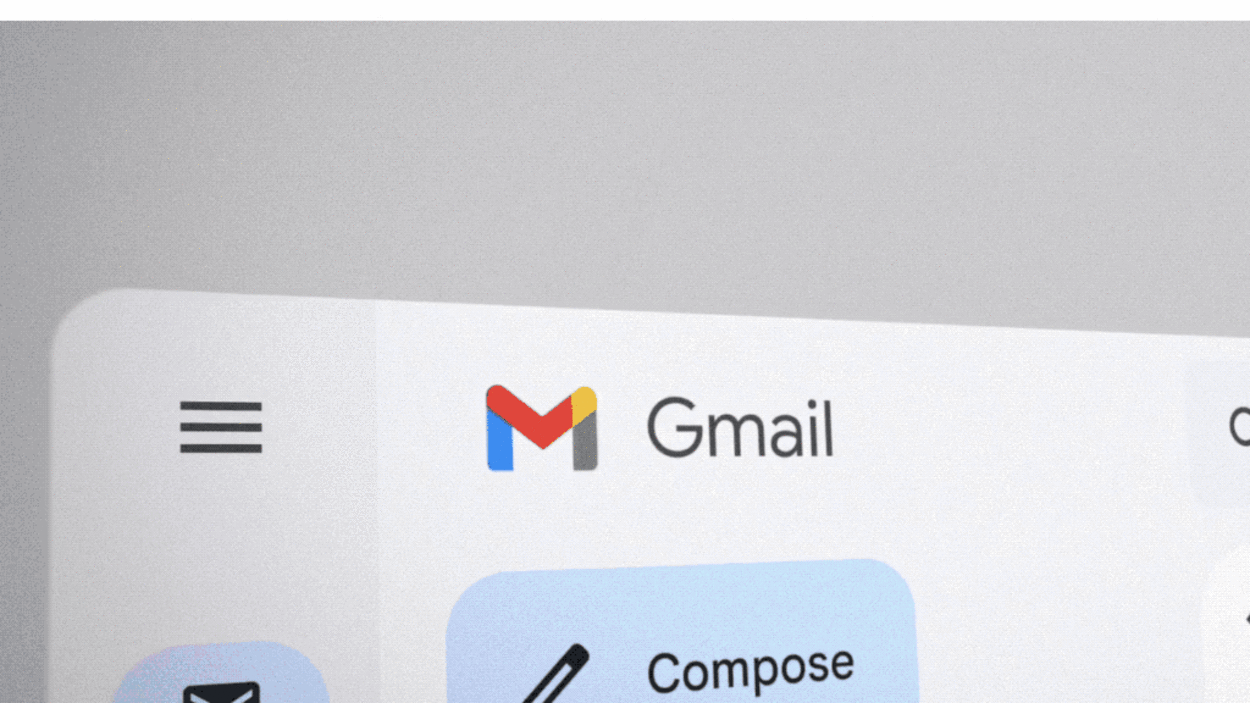Gmail will write your emails for you. Google announces generative AI tools across Workspace
Google said in a blog post today that it will soon be bringing new generative AI tools into its Workspace productivity products. The company says the addition of the AI features are the biggest thing to happen to its productivity suite since the addition of collaboration features.
“In the same way that we revolutionized real-time collaboration with coauthoring in Docs 17 years ago, we’re excited to transform creation and collaboration all over again in Workspace,” wrote Workspace product VP Johanna Voolich Wright.
The search giant, now neck-deep in an AI arms race with OpenAI, Microsoft, and others, says that in the coming weeks it will provide a “limited set of trusted testers” with a new set of features that will make writing Gmails and Docs easier.
In both Gmail and Google Docs, users will be able to type in a topic they’d like to write about (such as an employee email or a personal note) and AI will instantly generate a draft, which the user can then edit to customize and personalize.
“And if you’re in the mood to let AI try out a new playful voice altogether, you’ll be able to hit the “I’m feeling lucky” option in Gmail,” wrote Voolich Wright.
Google says it intends to add generative AI tools to other Workspace apps too. These include Slides, Sheets, Meet, and Chat:
But, beyond the bullet points, Voolich Wright provided no further information. How the new image and video generation features might work in Slides and Meet remains blurry, as do the analytics features in Sheets.
Google says it will continue opening the new features to new testers throughout the year on a rolling basis, before finally releasing them to the general public.
In a separate blog post from Google Cloud CEO Thomas Kurian, the company also announced a number of new tools for developers. These include a new API through which devs can access Google’s foundational AI models, starting with its PaLM large language model for building language-oriented apps. “We are now providing foundation models, initially for generating text and images, and over time with audio and video,” Kurian wrote. Google Cloud customers will be able to play with the models, create prompts, fine tune them with their own data, then deploy applications.
Google also announced a Generative AI App Builder and a new prototyping tool called MakerSuite. Google says it’ll release the API and tools to “select developers” today, while others will have to join a waitlist.
The messaging in Kurian’s blog post is striking. The very first sentence states that his company has been doing AI “for many years.” The fourth sentence points out that Google has been “responsibly developing large language models so we can safely bring them to our products.” Both sentiments—the first about Google’s first mover status in the AI space, and the second about safety—are designed to distinguish Google’s efforts from OpenAI’s. OpenAI surprised many in the AI community by releasing its ChatGPT model to the general public when the technology was far from mature.
Media reports speculate that OpenAI will announce its newest large language model, GPT-4, this week. Microsoft will also hold an event, reports say, in which it will likely expand the use of OpenAI’s models within its own products.
(24)



